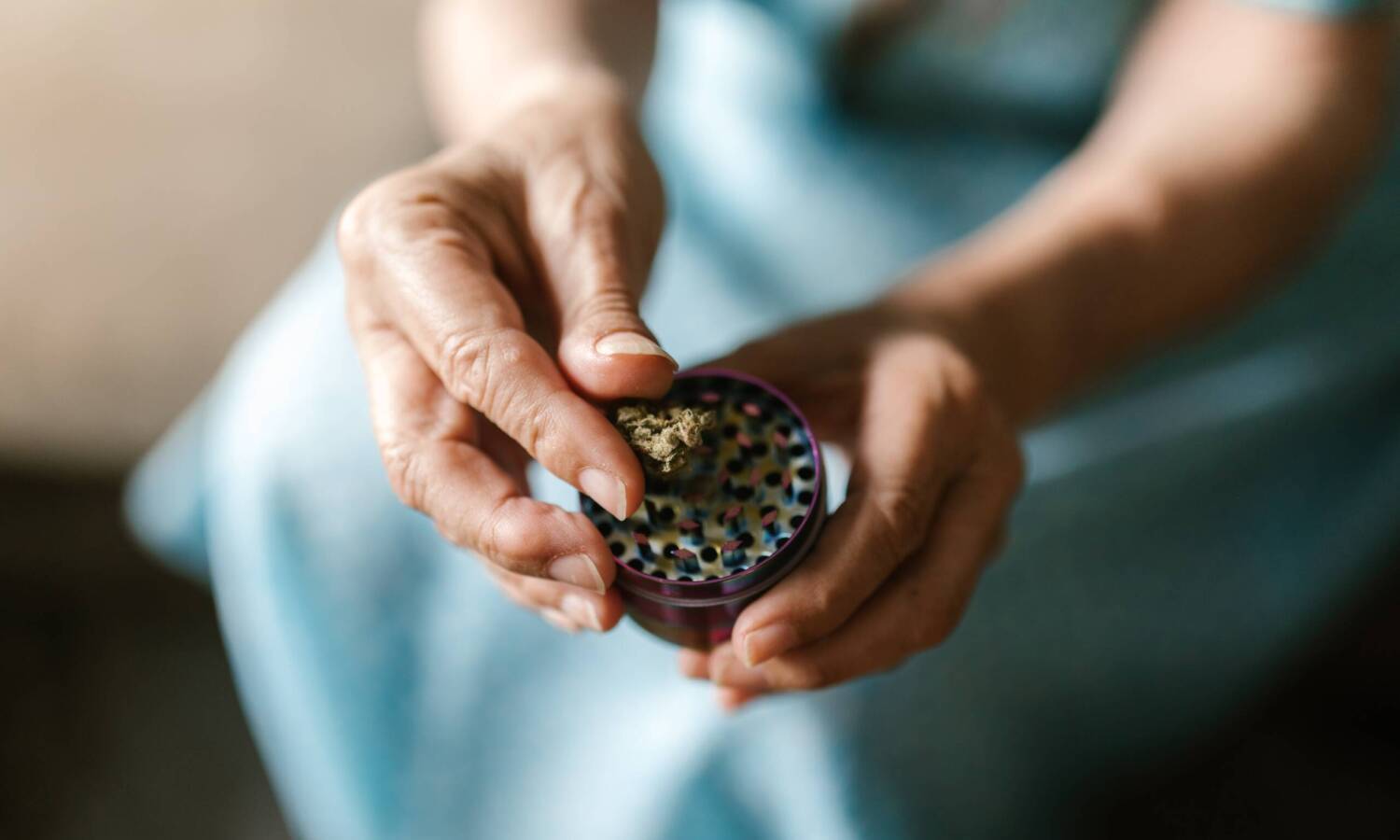
By
North Carolina moved one step closer to joining most of the rest of the country, as the state Senate approved the N.C. Compassionate Care Act with bipartisan support in a 35-10 vote.
The bill, which is heading now to the House, would allow cannabis with higher levels of THC to treat debilitating conditions such as cancer and post-traumatic stress disorder. It provides extensive regulations on everything from advertising, to testing, licensing and packaging. However, home cultivation would not be allowed. Smoking and vaping would only be permitted allowed if recommended by a physician, reported The Richmond Observer.

RELATED: Here’s Why North Carolina May Be Next To Legalize Marijuana
“This bill is going to, in my opinion, help a lot of people at the end of their life at a time that they need some compassion,” said Senator Bill Rabon (R), who co-sponsored it. “We have looked at other states, the good and the bad (…) And we have, if not perfected, we have done a better job than anyone so far.”
Ten medical marijuana suppliers will be initially authorized to operate up to four dispensaries.
In addition, the bill would create a Compassionate Use Advisory Board and the North Carolina Cannabis Research Program to “undertake objective, scientific research regarding the administration of cannabis or cannabis-infused products as part of medical treatment.” It will also create the Medical Cannabis Production Commission.
RELATED: North Carolina: Medical Marijuana Wins Nearly Unanimous Approval In GOP-Controlled General Assembly
Senator Paul Lowe (D), who co-sponsored the bill, commended fellow Republicans for acknowledging that medical marijuana can help patients, adding that a recreational bill will be discussed in the future.
“This is a medical cannabis bill,” Lowe said. “It’s not recreational. It does not do all of the things a recreational bill would do, and that’s for another day. But right now I believe this bill will help some North Carolinians.”
Hemp Bills Advance In The Chambers
Meanwhile, the North Carolina House also voted to remove hemp from the state’s controlled substance list and allow its legal sale and transportation. There are currently 1,500 licensed hemp growers in North Carolina who must comply with the US Dept. of Agriculture.
A similar measure, included in the North Carolina Farm Act of 2022, was unanimously approved by the Senate earlier in the week.
“What we are doing is saving an industry that has spent millions upon millions of dollars already,” said Senator Brent Jackson(R) who co-sponsored the Farm Act.
This article originally appeared on Benzinga and has been reposted with permission.




